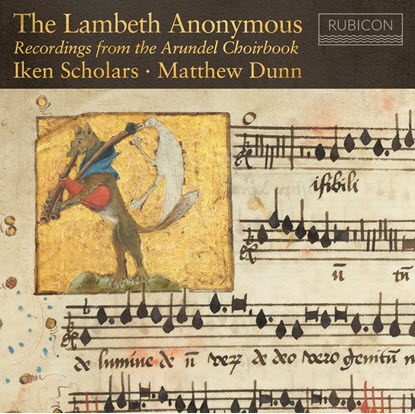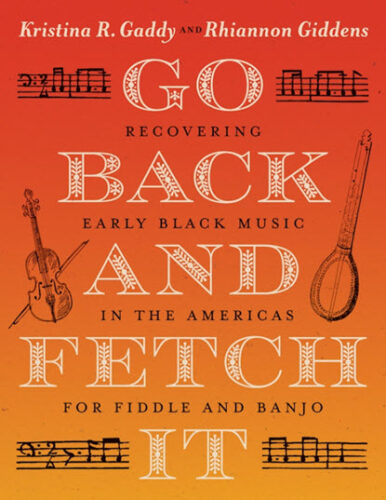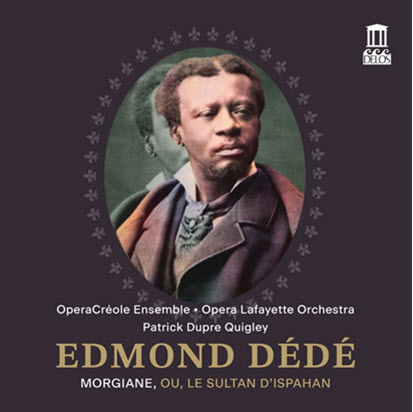by Anne E. Johnson
Published May 29, 2023
Giulio San Pietro del Negro: Amore Langueo. Schola Cantorum Barensis, led by Gilberto Scordari. Da Vinci Classics C00658
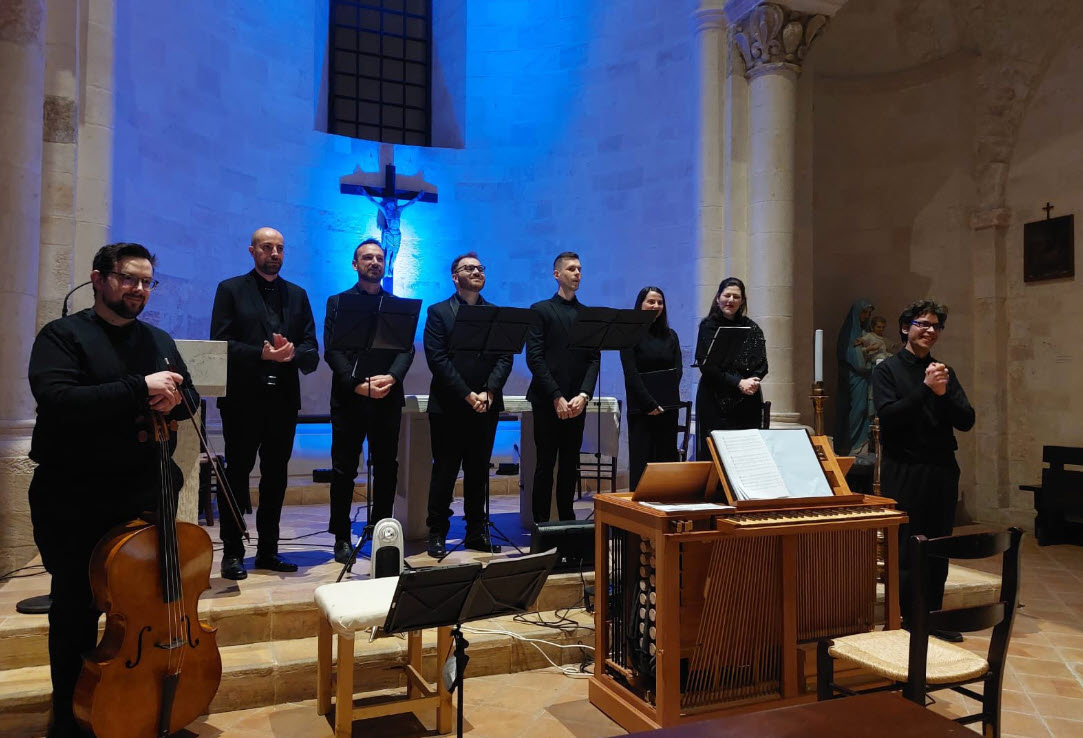
The term seconda pratica is so inextricably linked to the work of Claudio Monteverdi that it’s easy to forget there were other brave composers in the early 17th century determined to let “the words be the master of the music.” Vocal ensemble Schola Cantorum Barensis and its conductor and organist, Gilberto Scordari, provide an important reminder of this fact with their world-premiere recording of 15 motets by Monteverdi contemporary Giulio San Pietro del Negro (c. 1565—before 1634).
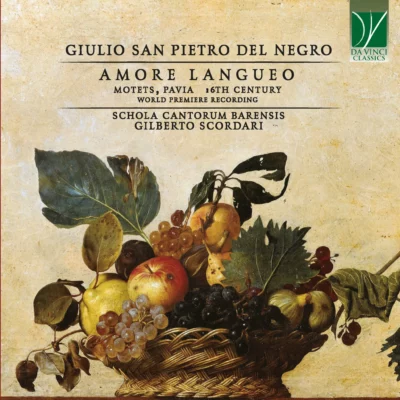
Amore Langueo, released on Da Vinci Classics, presents works found in three collections put together and printed in Venice between 1621 and 1629 by Lorenzo Calvi, a singer at the cathedral in Pavia. The motets can now be strongly attributed to del Negro only because of years of scholarship on that composer by musicologist Sarah M. Iacono. Calvi thought them worthy of inclusion alongside sacred pieces by Monteverdi, Tarquino Merula, and others who, over the centuries, have remained more visible than del Negro. But, as conductor Scordari explains in a helpful essay, there is plenty of evidence that del Negro was well known and respected in his own time, with musical and courtly connections in Lecce (where he grew up), Mantua, Milan, and Pavia.
This repertoire was a logical next step for Scordari and the singers of Bari: Their previous recording, from 2021, features madrigals by Francesco Antonio Baseo (c. 1612 – c. 1672), the maestro di cappella at Lecce Cathedral and most likely del Negro’s teacher until the younger composer left for greater opportunities in Lombardy. The solid but more conservative style of Baseo and the avant-garde use of counterpoint and rhythm trending in Manua are both in evidence in del Negro’s music. As Monteverdi might have argued, one must know the rules in order to break them effectively; del Negro knew the rules.
The majority of the 15 motets are for two parts, with some for three or four and one for solo voice. Scordari’s period organ and the Baroque cello of Thomas Chigioni provide barely decorated basso-continuo support in a subtle, wood-based timbre ideal for exposing the colorful vocal interplay. The singers have clear voices, almost without vibrato and with mostly good intonation, all of which serves the motets well and shows del Negro to be a skilled practitioner of “musica moderna,” as published versions of his work labeled it.
The texts are liturgical, with many motets taking verses from the “Song of Songs.” Sometimes del Negro—or an unknown collaborator—altered the words. For example, the text of his version of “Quam pulchra es” differs from the more familiar versions by Dunstable and Palestrina, let alone that of his contemporary Alessandro Grandi. One thinks of liturgical texts as inviolable, but composers often had more malleable ideas. What matters is del Negro’s sensitivity to the words he did choose.
In all the motets, the style changes rapidly, line by line, from counterpoint to homophony to solo passages. The motet “O quam gloriosum regnum” brings in the soprano, alto, and bass voices in tight imitation that melds into powerful triads at every cadence; but at the passage, on the word “Alleluia,” all three sing together with the cello’s bouncing bow. Tenor, baritone, and bass sing an unusually low-register trio representing the titular brothers in “Fratres qui gloriatur”—Ockeghem would have appreciated all that deep singing.
While del Negro was not as harmonically innovative as Monteverdi, he was particularly adept at rhythmic dexterity. Scordari and his singers demonstrate this with the best combination of techniques: fluidity mixed with precision. Theirs is a worthy recording of a repertoire that certainly deserves it.
Anne E. Johnson is a freelance arts journalist based in Brooklyn, and has taught music history and theory in the Extension Division of Mannes School of Music. Her most recent article for EMA was about the thriving apprentice program at the Baroque Chamber Orchestra of Colorado.

